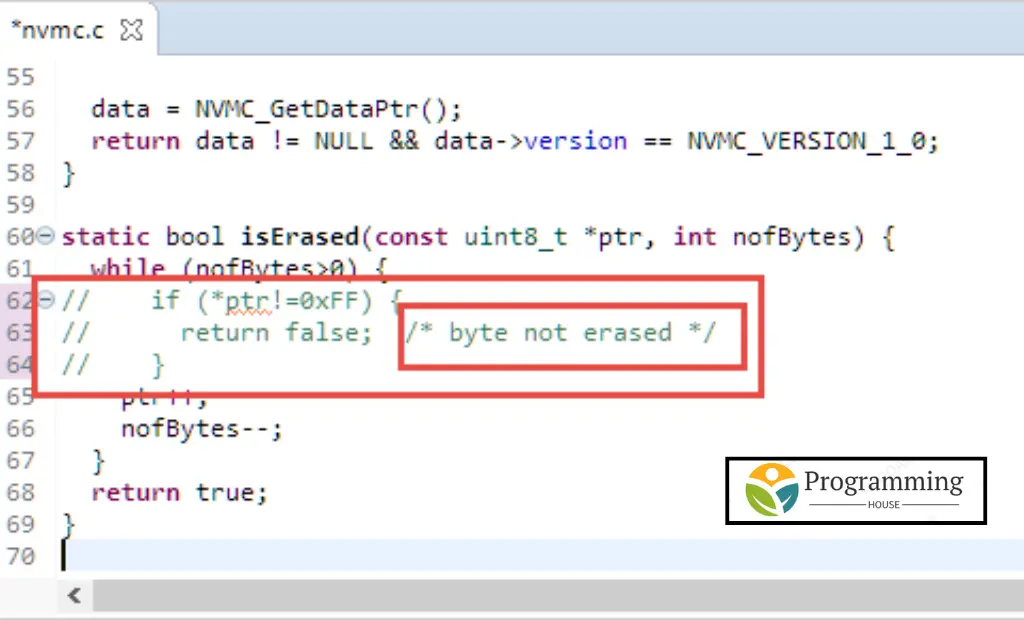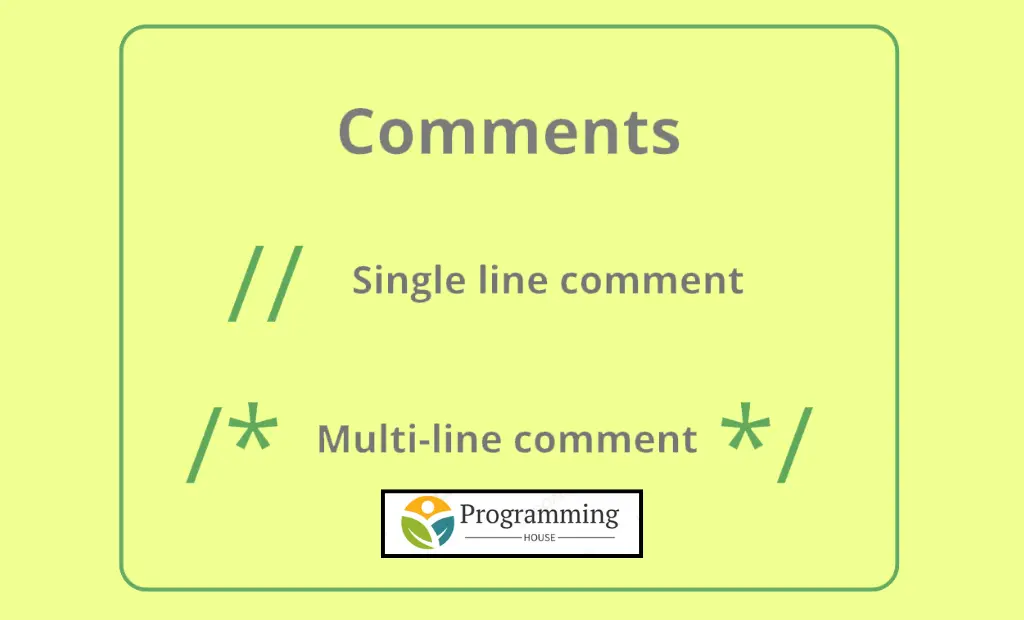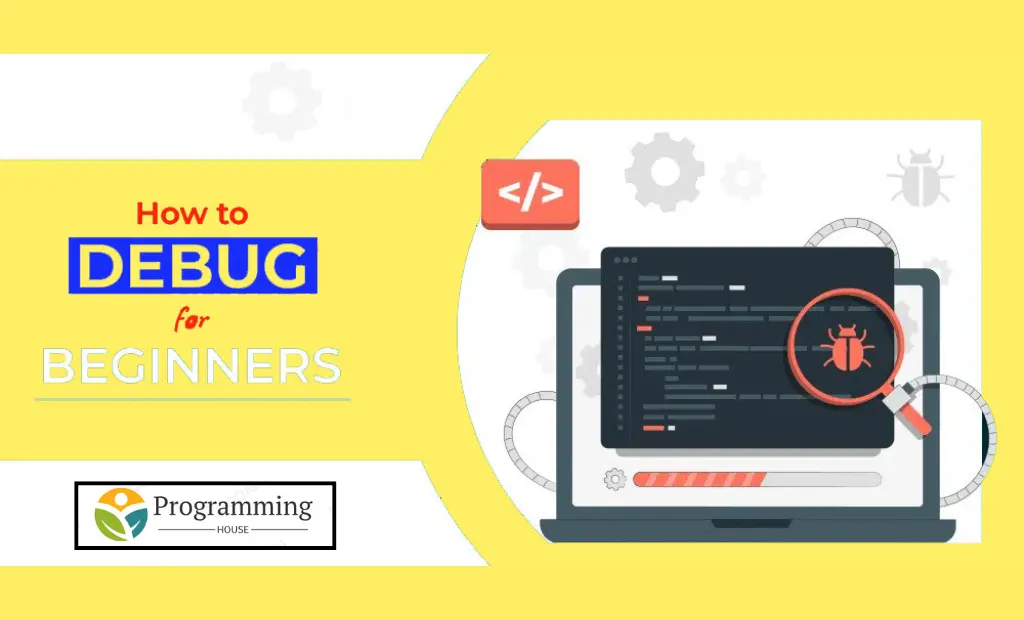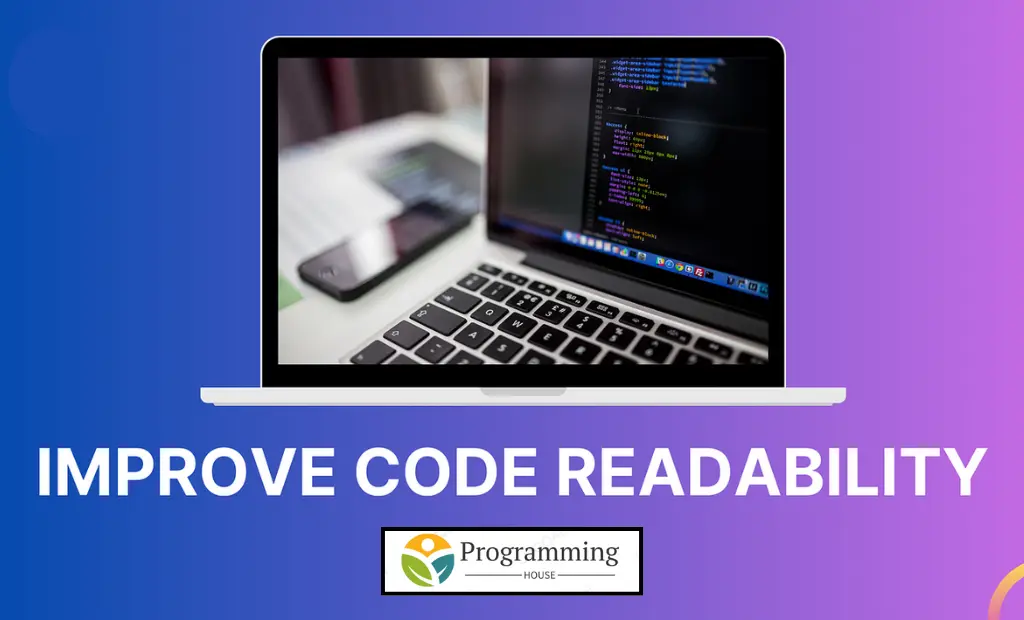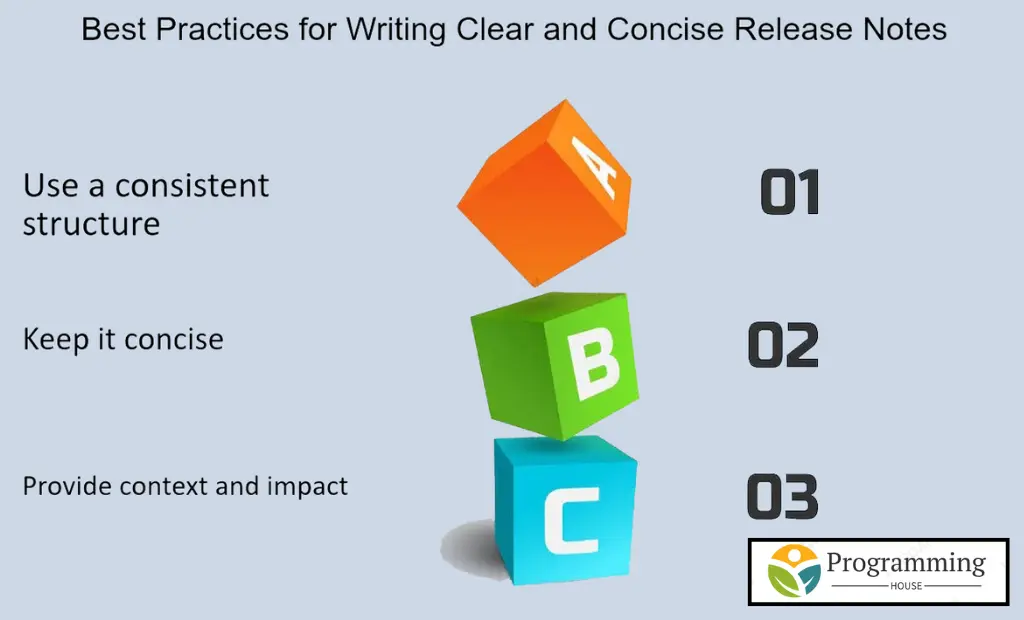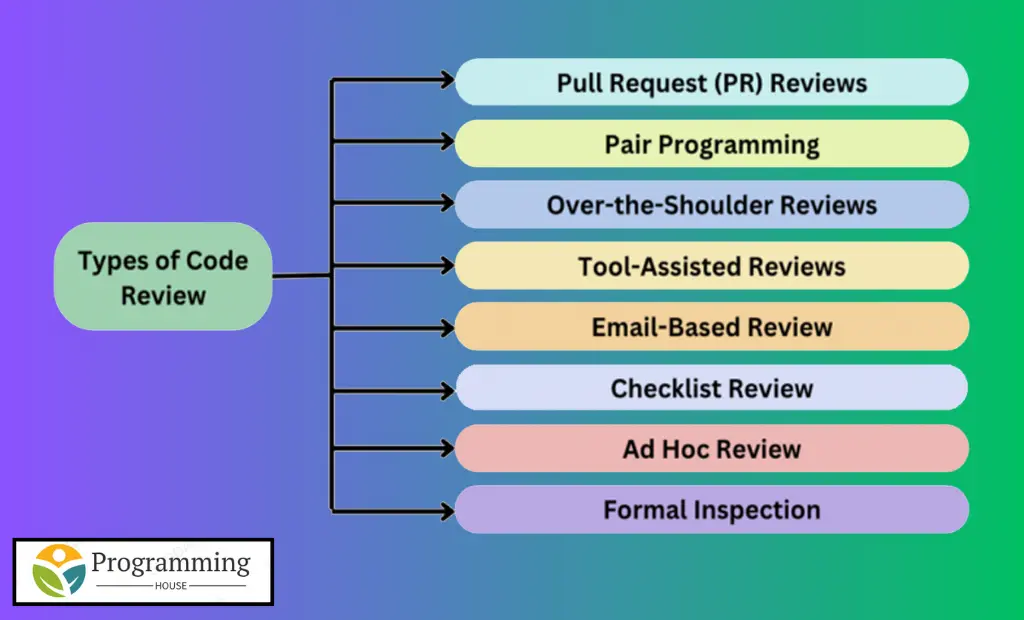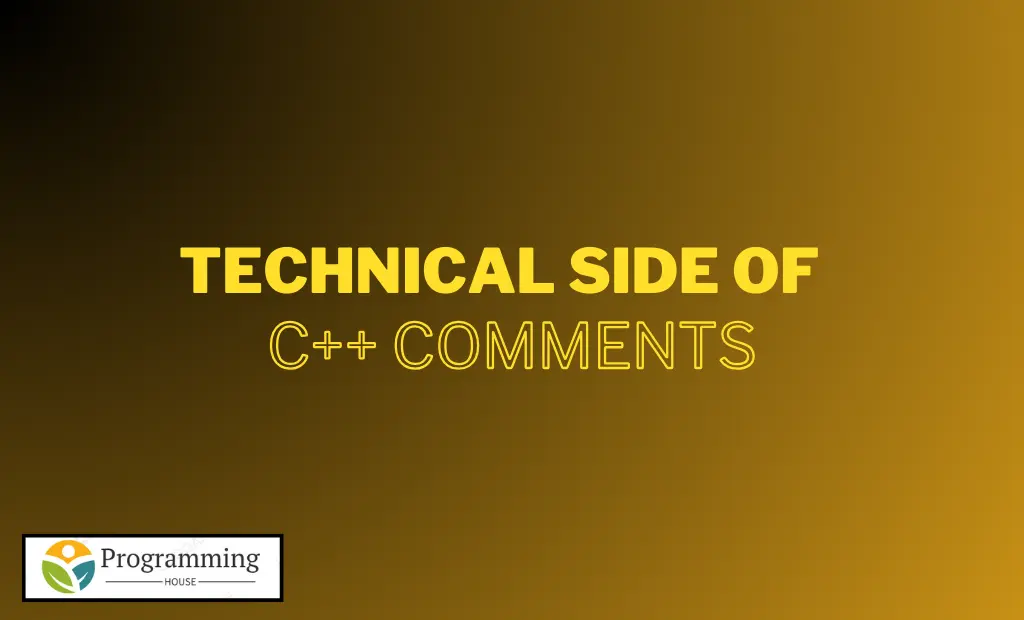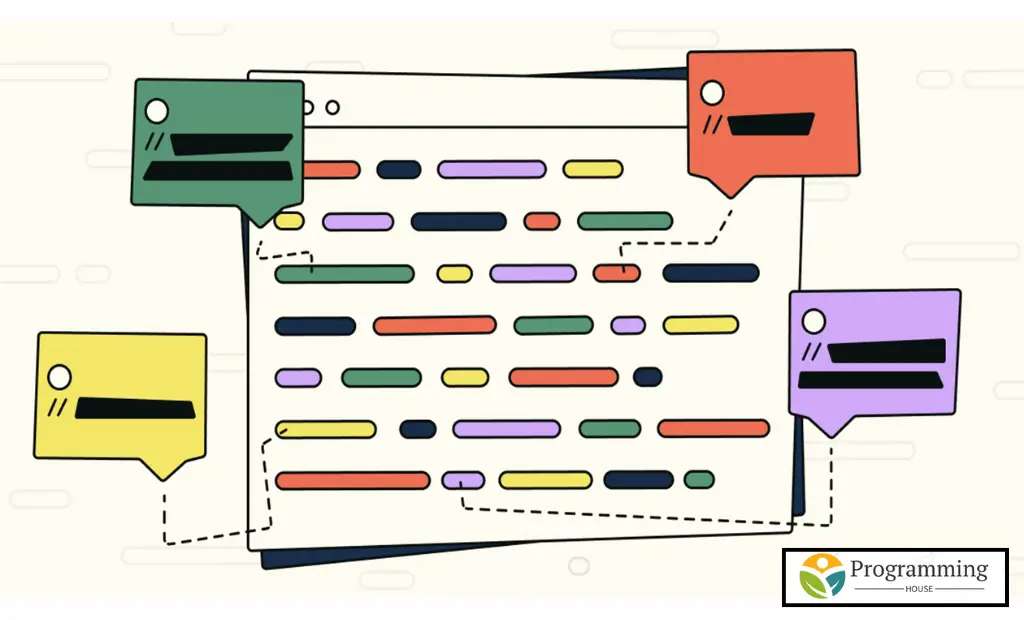C++ Comment Block

Comments in C++ are crucial for explaining code. There are single-line and multi-line comments serving different purposes. They enhance code readability without affecting program execution. Comments provide valuable information for programmers and others working with the code. This blog will explore C++ comment block, including syntax differences and best practices. It will cover the significance of comments in documentation,, debugging, and collaboration. The technical aspects like compiler operations and formatting tools will also be discussed, highlighting the importance of documentation in the coding process.
Downloads
Supplies
Comments in C++ are crucial for explaining code. There are single-line and multi-line comments serving different purposes. They enhance code readability without affecting program execution. Comments provide valuable information for programmers and others working with the code. This blog will explore C++ comment block, including syntax differences and best practices. It will cover the significance of comments in documentation,, debugging, and collaboration. The technical aspects like compiler operations and formatting tools will also be discussed, highlighting the importance of documentation in the coding process.
C++ Comment Block
April 29, 2024 by programminghouse.org
Key Highlights of c++ comment block
- C++ comment block play a main role in improving code readability and maintainability.
- C++ supports both single-line comments (//) and multi-line comments (/* */).
- Using comments effectively can aid in code documentation, debugging, and collaboration.
- Best practices for writing comments include keeping them concise, using them to explain complex code, and avoiding redundant or unnecessary comments.
- Comments in C++ have no impact on the performance or functionality of the program.
- Understanding the syntax and rules of commenting in C++ comment block is important for writing clean and effective code.
Introduction of C++ Comment Block
Comments in C++ are crucial for explaining code. There are single-line and multi-line comments serving different purposes. They enhance code readability without affecting program execution. Comments provide valuable information for programmers and others working with the code. This blog will explore C++ comment block, including syntax differences and best practices. It will cover the significance of comments in documentation,, debugging, and collaboration. The technical aspects like compiler operations and formatting tools will also be discussed, highlighting the importance of documentation in the coding process.
Exploring C++ Comment Blocks
C++ comments block explain code using comment blocks. These blocks, aka multi-line comments, provide detailed explanations enclosed in /* and */ symbols. They clarify code, offer context, and highlight key details. Comment blocks are vital for well-documented code in functions or data sections.
1. Understanding the Basics of C++ Comment Blocks
C++ comment block help explain code using /* and */ symbols. They are useful for context, clarity, and emphasis. The compiler ignores these comments but they aid programmers and stakeholders in understanding the code. Comments can be placed anywhere, like inside functions or at the start of sections.
Well-placed comments enhance code readability and ease maintenance. Clear documentation assists developers in modifying code collaboratively. Comment blocks reveal the logic of the code and facilitate debugging processes. Understanding comment basics is crucial for developing understandable and maintainable C++ code.
2. How to Use Single-line Comments in C++
In C++, you can use single-line comments starting with // to explain code briefly. These comments end at the line’s end. They are handy for adding short notes without disrupting the code flow.
Remember:
- Single-line comments start with // and end at the line’s end.
- Use them for brief explanations or notes on a line of code.
- Place them after the code at the line’s end.
- They can comment out a line temporarily or provide extra information.
For instance:
int x = 5; // Initialize variable x with 5
By using single-line comments wisely, developers can improve code understanding, aiding in maintenance.
3. Implementing Multi-line Comments in C++
- Multi-line notes, also called comment blocks, are vital in C++. They let programmers add detailed explanations to code. These comments go between /* and */ symbols and can span many lines.
- Comment blocks help explain code or provide important information.
- To use multi-line comments in C++:
- Begin with /*.
- Add comments.
- End with */.
- Comment blocks can temporarily disable code, explain sections, or document for the future. They enhance code readability and maintenance, especially in complex projects or team settings.
- Well-used comment blocks make code clear and easy to follow. They show thinking behind the code and aid other developers in managing and changing the codebase effortlessly.
4. The Role of Comments in Code Documentation
Comments in code are crucial for explaining the code’s purpose, functionality, and details. They highlight important info like assumptions and limitations. Comments enhance understanding by explaining complex logic. They also help in code maintenance by guiding modifications correctly. Moreover, comments promote collaboration among programmers by sharing knowledge about the codebase. Using comments effectively results in self-explanatory code that is easier to work with and collaborate on. It’s vital to follow best practices for writing clear and concise comments that add value without cluttering the codebase.
5. Commenting Out Code for Debugging Purposes
When fixing C++ code, sometimes you need to temporarily turn off certain parts of the code to find issues. You can turn off code by adding comment symbols without deleting it.
Here are some tips for turning off code while fixing issues:
- Use // or /* */ at the start and end of the code.
- Explain briefly why you are turning off that part of the code.
- If using version control, create a debugging branch or use flags for easy code toggling.
Turning off code helps find problems without changing the main code permanently. Remember to remove or uncomment debug code before finalizing the program for correct operation.
6. Best Practices for Writing Effective Comments
Writing good comments is important for making code easier to understand and maintain. Here are some tips for writing comments in C++:
- Keep it short: Make comments clear and brief, focusing on important details.
- Use clear names: Give variables and functions meaningful names to reduce the need for extra comments.
- Explain hard parts: Comment on tricky code or algorithms to help understanding.
- Keep comments updated: Make sure comments match the code to prevent confusion.
- Avoid repeating: Don’t say again what the code already shows, unless it helps clarity.
- Mind your grammar: Write correctly for easy reading.
- Stay consistent: Use the same style for all comments in the code.
By following these tips, developers can create helpful comments that boost code understanding and maintenance.
7. The Impact of Comments on Code Readability and Maintenance
Comments impact code readability and maintenance significantly. Clear comments in well-documented code enhance understanding and modifications, improving maintenance. C++ comment block affect code readability and maintenance by:
- Providing context for better understanding, especially for new developers.
- Helping with code navigation by highlighting key sections.
- Assisting in debugging and troubleshooting by explaining functionality.
- Promoting collaboration among developers.
- Ensuring quick comprehension for future maintenance tasks, reducing modification time. Effective comments enhance code readability and maintenance, making it accessible, understandable, and adaptable.
8. Advanced Techniques: Conditional Compilation with Comments
Conditional compilation with comments in C++ is a technique that includes or excludes code based on conditions. Preprocessor directives like #ifdef and #endif, along with comments, achieve this. For example, in code between #ifdef DEBUG and #endif, inclusion depends on the DEBUG macro definition. This feature helps enable or disable code sections based on needs like debugging or production builds. It offers control over compiling, letting developers adjust code behavior without permanent changes for different build configurations or optimizations. Key preprocessor directives include #ifdef (checks if a macro is defined), #ifndef (checks if a macro is not defined), and others for various conditions and alternatives. Mastering this method can improve coding flexibility and organization in complex software projects.
Enhancing Code Quality with Comments
Comments play a crucial role in enhancing code quality by improving its readability, maintainability, and documentation. Well-written comments provide valuable insights into the code’s functionality, intent, and important details. They help programmers understand the code more easily, debug it efficiently, and collaborate effectively. By following best practices for writing clear and concise comments, developers can create high-quality code that is easier to comprehend, modify, and maintain.
9. Tips for Writing Clear and Concise Comments
Writing clear and concise comments is essential for enhancing code quality and readability. Here are some tips to help you write effective comments:
- Be specific: Clearly state the purpose or functionality of the code in the comment.
- Avoid redundant comments: Avoid repeating what the code already expresses unless necessary for clarity.
- Use plain language: Write comments using clear and simple language that can be easily understood by other developers.
- Keep comments short: Aim for concise c++ comment block that convey the key information without unnecessary details.
- Use proper grammar and punctuation: Write comments using correct spelling, grammar, and punctuation for clarity and professionalism.
- Update comments: Keep comments up to date with the code to ensure accuracy and avoid confusion.
By following these tips, you can write clear and concise comments that improve code readability and maintainability, ultimately enhancing the overall quality of the codebase.
10. Avoiding Common Pitfalls in Commenting Code
While comments are essential for code documentation, it’s important to avoid common pitfalls that can hinder their effectiveness. Here are some common pitfalls to avoid when commenting code in C++:
- Outdated comments: Ensure that comments are kept up to date with the code. Outdated comments can mislead developers and cause confusion.
- Redundant comments: Avoid commenting obvious or self-explanatory code. Comments should provide additional insights or explanations that are not evident from the code itself.
- Excessive comments: Over-commenting can clutter the code and make it harder to read. Use comments sparingly and focus on adding value to the codebase.
- Inconsistent commenting style: Maintain a consistent commenting style throughout the codebase to ensure readability and maintainability.
- Lack of clarity: Write comments that are clear, concise, and easily understood by other developers. Avoid technical jargon or unclear language.
By avoiding these common pitfalls, you can ensure that your comments effectively enhance code comprehension and maintainability.
11. Utilizing Comments for Code Reviews and Collaboration
C++ comments block play a vital role in code reviews and collaboration among developers. By incorporating comments effectively, developers can facilitate better communication, understanding, and collaboration within the team. Here’s how comments can be utilized for code reviews and collaboration:
- Providing feedback: Comments can be used to provide feedback, suggestions, or improvements on code during code reviews.
- Asking questions: Comments can be used to ask questions or seek clarification on specific code sections, promoting discussion and knowledge-sharing.
- Explaining changes: Comments can be used to explain the reasoning behind code changes, making it easier for other developers to understand and review the modifications.
- Highlighting issues: Comments can be used to flag potential issues, bugs, or improvements in the code for further investigation or action.
- Documenting decisions: C++ comments block can be used to document design decisions, trade-offs, or important considerations for future reference.
By utilizing comments effectively in code reviews and collaboration, developers can improve code quality, foster knowledge-sharing, and enhance teamwork.
12. Leveraging Comments for Software Documentation
Comments in C++ can be leveraged for software documentation, providing important information and insights into the code. By utilizing comments effectively, developers can create self-explanatory code that serves as documentation for future maintenance or enhancements. Here are some ways to leverage comments for software documentation:
- High-level explanations: Use comments to provide an overview of the code’s purpose, functionality, and design choices.
- Detailed explanations: Comment important or complex code sections to explain their logic, algorithms, or dependencies.
- Assumptions and limitations: Document any assumptions or limitations the code relies on to set expectations for future modifications.
- API documentation: Comment public interfaces, functions, or classes to provide guidance on their usage, parameters, and return values.
- Change history: Comment code changes or updates to keep track of modifications for future reference.
By leveraging comments for software documentation, developers can create code that is not only functional but also comprehensible, maintainable, and future-proof.
The Technical Side of C++ Comments
Understanding the technical aspects of C++ comments is essential for writing clean and effective code. In this section, we will explore the syntax differences between single-line and multi-line comments, how comments affect compiler operations, and the availability of comment and code formatting tools. By delving into the technical side of C++ comments, programmers can gain a deeper understanding of their role in the compilation process and optimize their usage to improve code quality.
13. Syntax Differences Between Single-line and Multi-line Comments
In C++, there are two main types of comments: single-line comments and multi-line comments. These comments have different syntaxes and are used in different scenarios.
Single-line comments start with // and continue until the end of the line. They are typically used to add short explanations or notes to a single line of code. Single-line comments are convenient for commenting out a line temporarily or adding additional information.
Multi-line comments, on the other hand, are enclosed between /* and */ symbols and can span multiple lines. They are used to add detailed explanations or notes to a section of code. Multi-line comments provide context, clarify code functionality, and highlight important information.
Understanding the syntax differences between single-line and multi-line comments is crucial for effectively incorporating comments into C++ code and improving code readability.
14. How Comments Affect Compiler Operations
Comments in C++ have no impact on the execution or functionality of the program. During the compilation process, the compiler completely ignores comments. This means that comments do not affect the output or behavior of the compiled code.
By ignoring comments, the compiler can focus solely on the code’s instructions and optimizations. This improves the efficiency and performance of the compiled program.
However, comments play a vital role in the development and maintenance of the codebase. They provide valuable information to programmers and other stakeholders who need to understand and work with the code.
Understanding that comments do not affect compiler operations allows programmers to use comments effectively to enhance code readability, maintainability, and collaboration.
15. Commenting and Code Formatting Tools
There are several tools available that can assist programmers in managing comments and formatting code in C++. These tools help maintain consistent commenting styles, enforce coding standards, and improve overall code quality. Some popular code formatting tools for C++ include:
- clang-format: A highly configurable code formatter that can automatically format C++ comment block code based on predefined style guidelines.
- Doxygen: A documentation generator that extracts comments and code structure to generate documentation in various formats, such as HTML or PDF.
- Cppcheck: A static analysis tool that can detect potential issues, including unused code, missing comments, and coding style violations.
- Artistic Style (AStyle): A source code formatter that can automatically format C++ code based on predefined rules or custom configurations.
By leveraging these tools, developers can ensure consistent and well-formatted code, improving readability, maintainability, and collaboration.
Conclusion
In essence, C++ comment blocks play a crucial role in code clarity, maintenance, and collaboration. By understanding the basics, implementing both single-line and multi-line comments effectively, and embracing best practices, you can elevate your code quality and readability. Comments are not mere annotations but tools for documentation, debugging, and enhancing software development processes. Embrace the power of clear, concise comments to streamline code reviews, aid in debugging, and foster better collaboration within your development team. Leveraging the technical side of comments can significantly impact the efficiency and effectiveness of your C++ programming endeavors.
